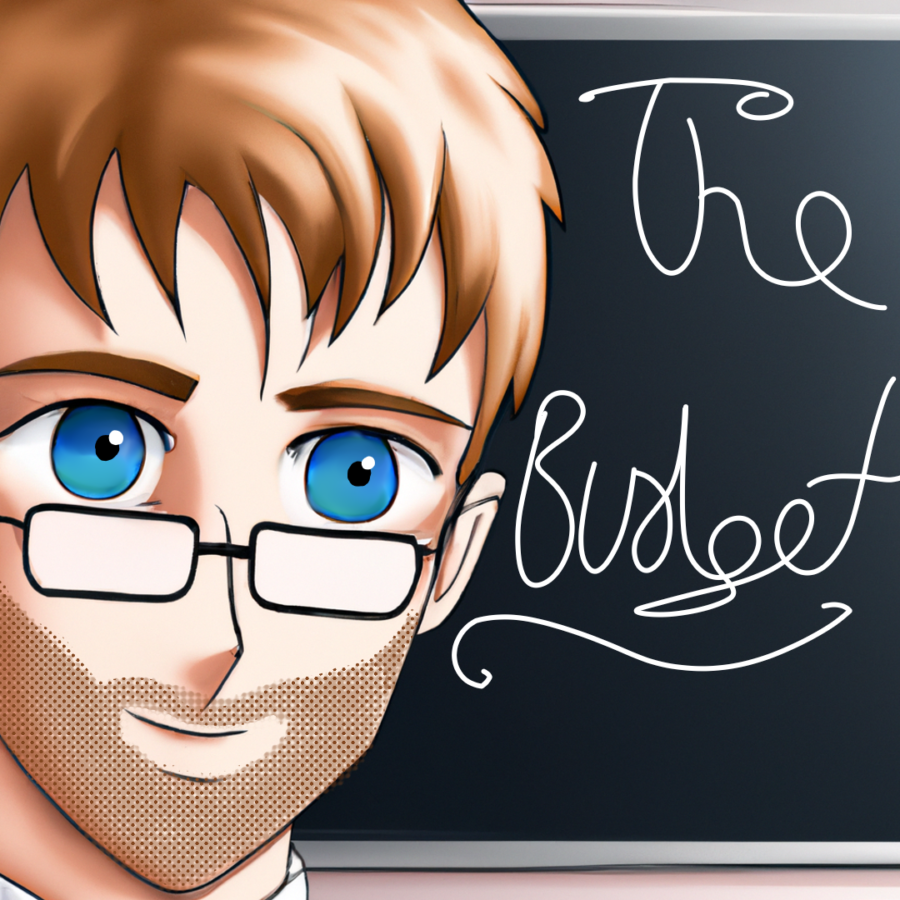The 2023 Australian Budget for Dummies
May 24, 2023
Emails: such a wonderful form of communication. Wonderful, right until your parent walks into your room and passionately declares that they got “an email from your economics teacher”. A sentence which triggers internal thoughts stressful enough to send a Year 11 student into cardiac arrest. What have I done this time? Was it that one time… Luckily, the explanation is much more simple – “MR MACOURT SAYS WE HAVE TO WATCH THE BUDGET TOMORROW”.
The next thing you know you’re on that couch, not watching Harry Potter and the Goblet of Fire but the captivating, fast-moving Budget (some have said it is more action-packed than the latest Fast and Furious movie). As the main actor Jim Chalmers rises to the podium, you know that tension is just around the corner. And let’s just say… actually, no, no spoilers. Just like any other movie review, you’ll just have to read on.
A budget (well the Australian Budget in this case) is an estimation of revenue that the Government will receive, as well as where that revenue is going to be spent (expenditures) in that year.
Given the budget is just as exciting as the Eels beating the Rabbitohs, there are winners and losers in the Australian Budget. To put it simply, the winners are the groups of people who will receive extra financial support compared to previous budgets. And the losers are those in which policies and extra Government spending in other areas will result in less money being made for them.
Mr Macourt was sure to hype up the budget to the best of his abilities to all three of his Year 11 classes, treating it as some kind of once-in-a-lifetime opportunity, telling fables of the “thunderous applause at the end” and the “ministers going wild as the surplus gets announced”.
Surprisingly, the assumably boring 15-minute drag through parliament was met with an energy similar to that which Mr Macourt perpetuated in his Year 11 business studies and economics classes. From the preposterously overdone “here here’s”, to the grumpy walkout from the Liberals and the thunderous applause at the end (just as forecasted)- the budget managed to be surprisingly interesting.
But enough about the engagement of the budget – it’s no reality TV show – let’s get on to what the budget actually brought.
In a simple summary, here are the winners and the losers of this year’s budget:
Winners:
- Lower-income earners:
- Energy rebates to help with the rising cost of living.
- Improvements to pharmaceutical benefits.
- Significantly higher incentives for GPs to bulk bill.
- Increase in JobSeeker payments.
- Extension to who can receive JobSeeker payments.
- Small businesses:
- Businesses with turnover under $10 million will be able to write off new equipment valued at up to $20,000.
- Small businesses using energy-efficient equipment could be eligible for tax reductions up to $20,000.
Losers:
- High-Income Earners:
- Earnings on any superannuation after $3 million will be taxed at twice the current rate.
- This will impact about 0.5% of superannuation members.
- Tax dodgers:
- Programs enforcing tax compliance are being increased to investigate and attempt to reclaim any unpaid tax.
These are just some of the biggest winners and losers, read some more here.
This was quite expected for the Labor Party, given their core values, but a few other unusual elements also came with it. Some of the more obscure allocations of resources within the budget included:
- Blah blah blah
Let’s not forget, a lot of the hype around this year’s budget was that it is the first surplus budget in 15 years – that is when the revenue exceeds the expenditures. This generally doesn’t happen as countries often choose to borrow from other countries in the pursuit of economic growth, paying them back in later years. This anomaly of a surplus comes as a result of supply issues in the mining industry, where the war in Ukraine has meant supply shortages from some of the biggest producers of mined goods in the world. This has seen a huge boom in the Australian mining industry, which sees a lot of money go into the Australian government through taxes. Despite the surplus, there will be a deficit to follow in the budgets for the foreseeable future, with many wondering if the surplus will actually remain.
There you have it – a quick overview of the Australian budget. From the excitement of the Labor party to the pleased nods of Anthony Albanese (and of course, the actual budget), it was a great event to be able to witness to get an understanding of the world around us – whether you’re interested in economics or not, it is a must watch the next time it comes around!















Jim Chalmers • Nov 30, 2023 at 11:34 am
Great article, profound analysis.